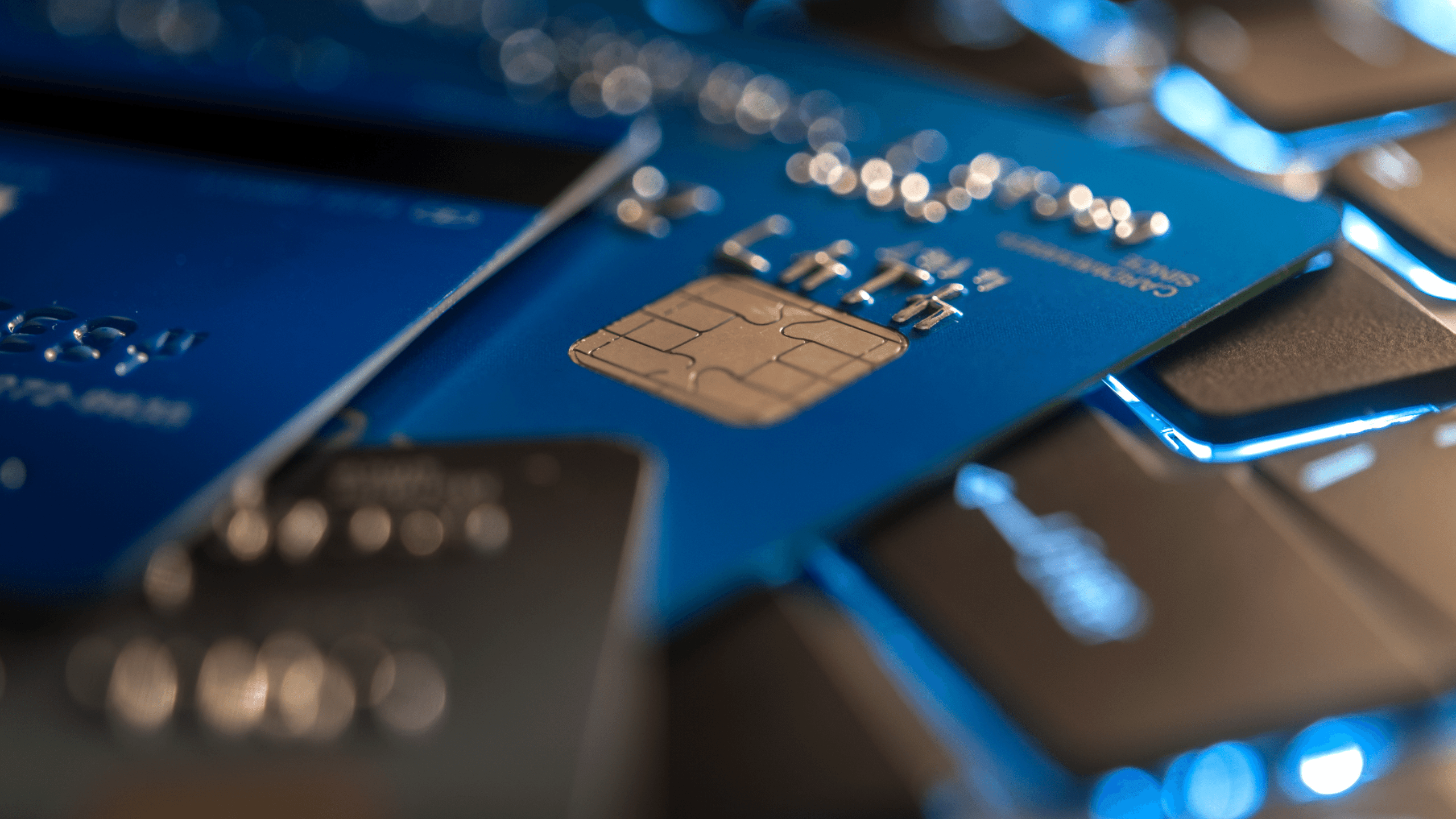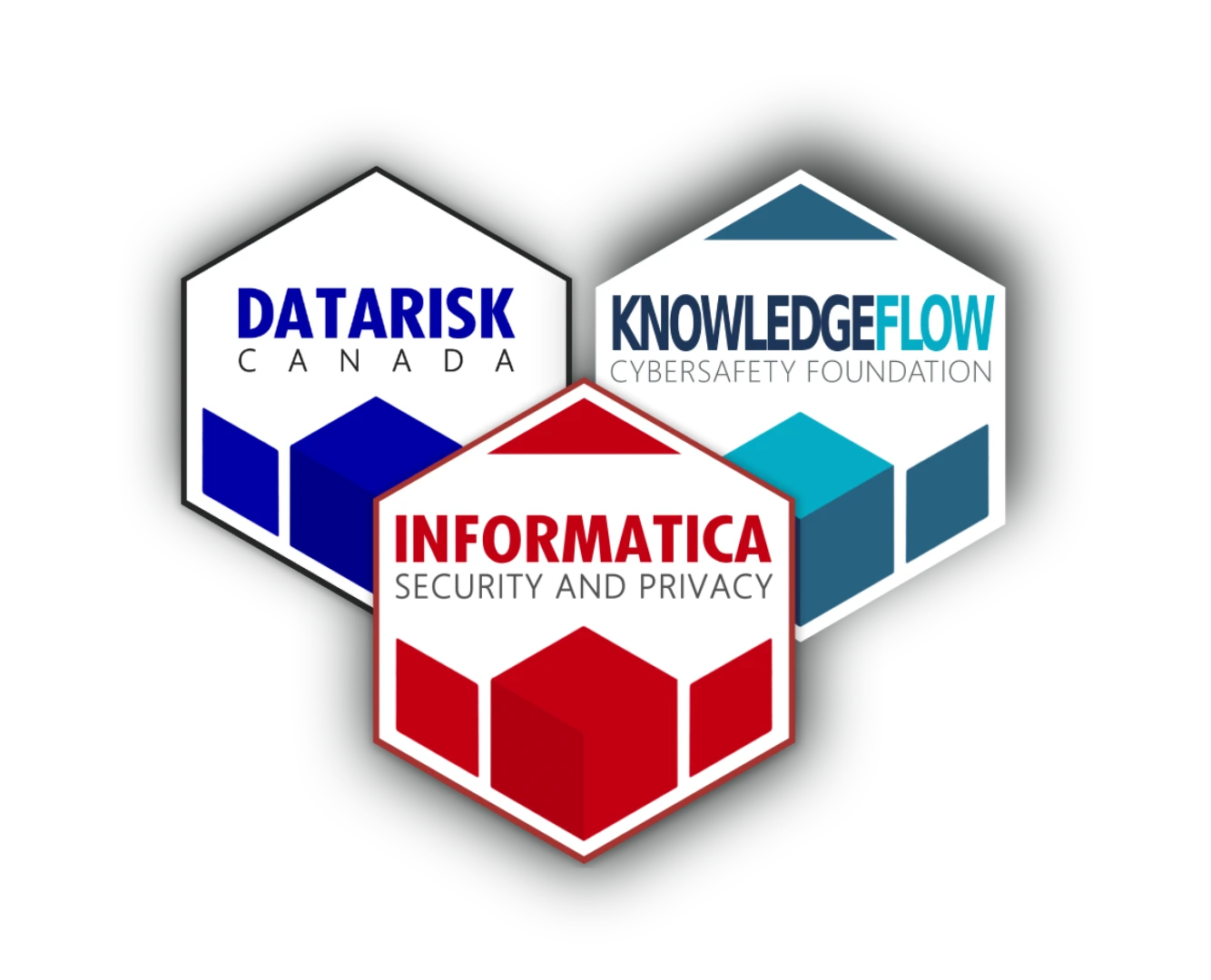Cybersafety Sentinel December 2022 Week 3 | Informatica
Weekly Insights from Cybersafety Sentinel
Stay updated with Informatica’s Cybersafety Sentinel’s December 2022 Week 3 edition. This week, we explore critical topics such as the Ontario vaccine portal breach, WhatsApp’s encryption debate, Sobeys’ $25M cyberattack cost, NSO Group’s Pegasus spyware, and the ban on Microsoft 365 in German schools. Gain expert strategies to enhance your cybersecurity measures and protect your digital assets.
Featured Cybersafety Sentinel Posts
Check out our featured posts below for the latest insights from Cybersafety Sentinel.

Claudiu’s Top Post
“I would challenge you to a battle of wits, but I see you’re unarmed” — Christopher Hitchens. Put this disarming witticism to the test of “the Googles” and you will immediately see that it is, in fact, attributed to William Shakespeare. Notice however, that those who quote the Bard will invariably exclude both plays and sonnets from the attribution, leading the curious Internet spelunker to dig deeper in the hopes of touching bottom Read More

Ontario Vaccine Portal Breach
A security breach linked to Ontario’s COVID-19 vaccine portal exposed the personal information of approximately 360,000 people in the province. Those who are impacted will start receiving email notices on Friday if their personal information was part of this breach. Read More

WhatsApp Threatens to Shutdown
End-to-end encryption means that nobody, not even law enforcement or WhatsApp itself, can see the contents of its two billion users’ private messages. Child safety campaigners have claimed this means child abusers can hide their deeds on secure messaging apps, while police services have argued it can hamper counter-terror investigations. Read More

Sobeys Cyberattack Cost $25M
The parent company of the Sobeys grocery store chain says a cyberattack last month will cost $25 million. The company owns 1,500 stores across Canada, including Sobeys, Lawtons, IGA, Safeway, Foodland, FarmBoy, Needs and other grocery outlets. Read More

The Autocrat in Your iPhone
Produced by the Israel-based NSO Group, Pegasus gives an operator near-total access to a target’s personal data. In turn, client states have used Pegasus against not only opposition groups, journalists, and nongovernmental organizations (NGOs) but also geopolitical rivals. NSO Group has not provided any specific information to counter the Citizen Lab’s detailed evidence of abuses. Read More

Microsoft365 Banned in German Schools
Federal German data protection authorities have banned the use of Microsoft Office 365 in schools due to privacy concerns around the use of US cloud providers. “The use of personal data of the users (eg. employees or students) for the provider’s own purposes precludes the use of a processor in the public sector (especially at schools).” Read More








